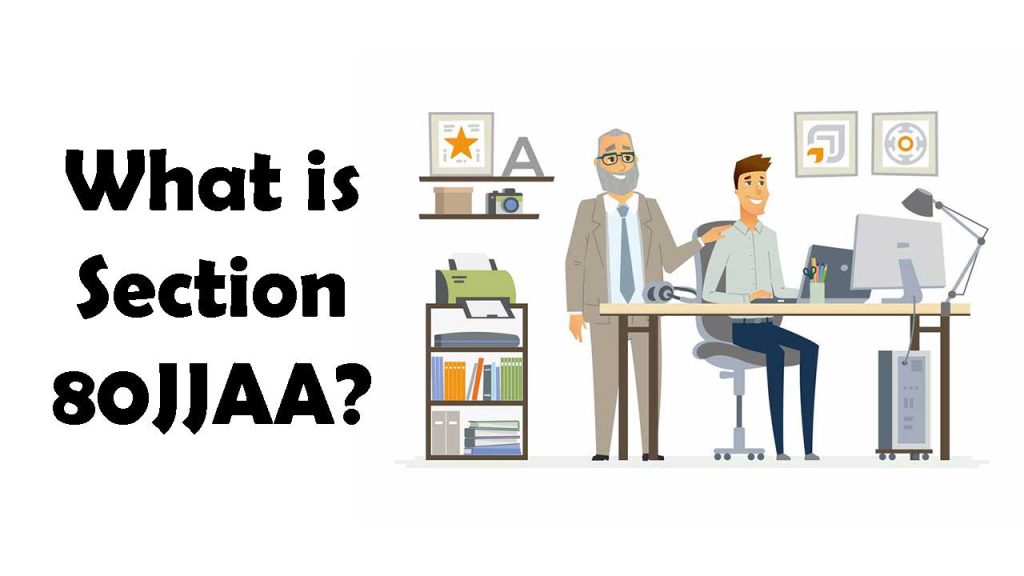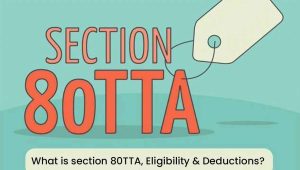Section 80JJAA – This is a new section referring to the deductibility of extra employee costs. It is effective beginning with the AY 2017-18. Throughout this post, we would go over the terms, amount of deduction, and realistic examples.
First and foremost, let us define some key terms relevant to this section.
Must Read – What is Section 80DD?
What do additional employees mean in section 80JJAA?

It refers to an employee who worked in the past year but would not constitute the preceding.
- Employees with a monthly wage of well over ₹25,000/-
- Employees who worked fewer than 240 days throughout the past year (150 days if worked in the manufacture of apparel/footwear/leather goods)
- Employees who may not contribute to a Recognised Provident Fund, such as casual employees, etc.
- Employees whose whole payout is funded by the government as part of the Employees’ Pension scheme.
Going ahead, we can now learn what the term “Additional Employees Cost” means.
What do additional employees cost means in section 80JJAA?
Total payment paid or payable to extra workers are referred to as Additional Employee Cost.
- Furthermore, in the instance of an existing firm, the cost of extra jobs is NIL if.
- There really is no increase in the number of workers, which indicates that the total number of employees who entered the previous year equals the total number of workers who exited the previous year.
Example – If a company has 80 employees in April 2020. During the year total of 30 employees joined and 30 employees left in the same year.
In this case, there is no growth in the overall number of employees, so no deduction is available.
If 40 employees joined and only 30 left, then subject to the fulfilment of other requirements, deductions for the employee costs for extra 10 employees is available.
- Payments are not paid in some other way than by A/c payee cheque, draft, and any other approved digital modes ( like RTGS, NEFT etc).
What do emoluments cost means in section 80JJAA?
Emoluments are any sums due and payable to an employee in spite of his job, by whichever name it is identified, but they do not include.
- The employer’s contribution, whether paid or payable.
– To any pension fund or.
– Provident fund or.
– Any other fund established for the betterment of the team in any current laws
- Any one-time lump sum payment made or payable to an employee.
– His service being terminated or.
– Superannuation or.
– Retirement on one’s own terms.
Conditions under section 80JJAA
The preceding criteria must be met in order to assert the deduction under this section.
- The assessee should have income from the Business Head and should have his accounts audited in accordance with Section 44AB, as well as a CA report in Form 10DA.
- It must be a new company. This must not be constituted by splitting up or rebuilding an existing company.
- Company is not gained through a transfer from another individual or through a business reorganisation.
- The deduction must be claimed on the ITR.



